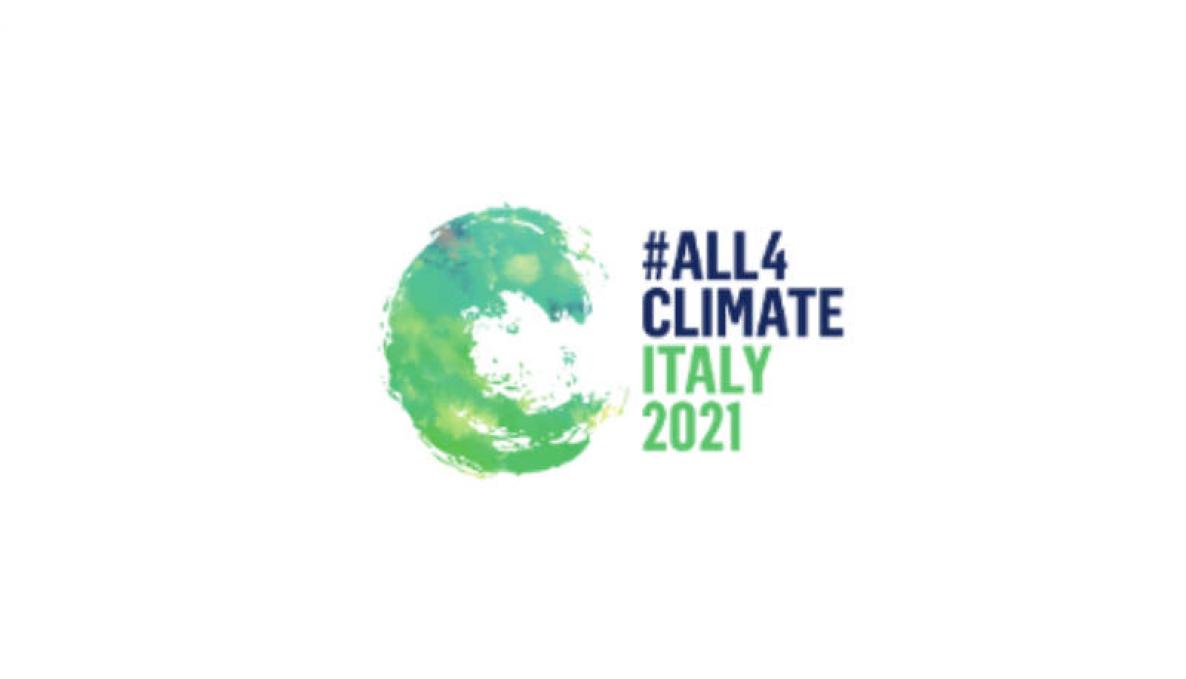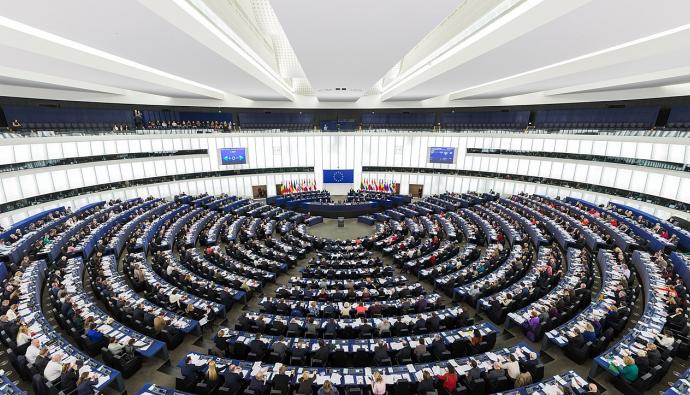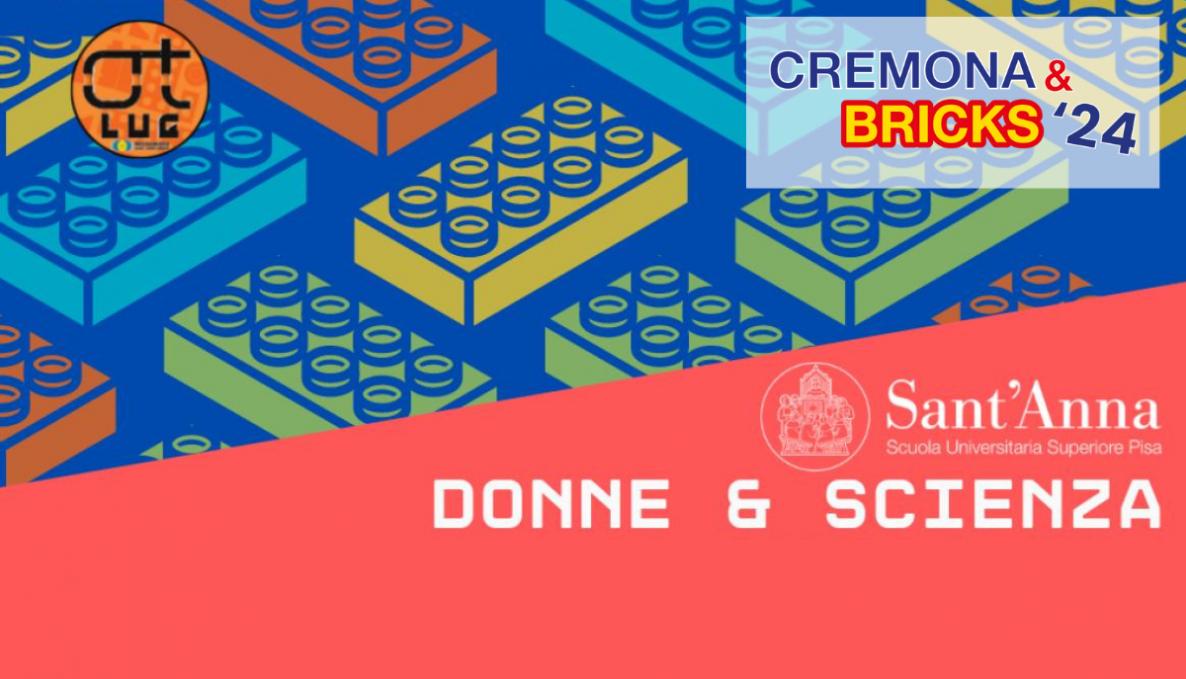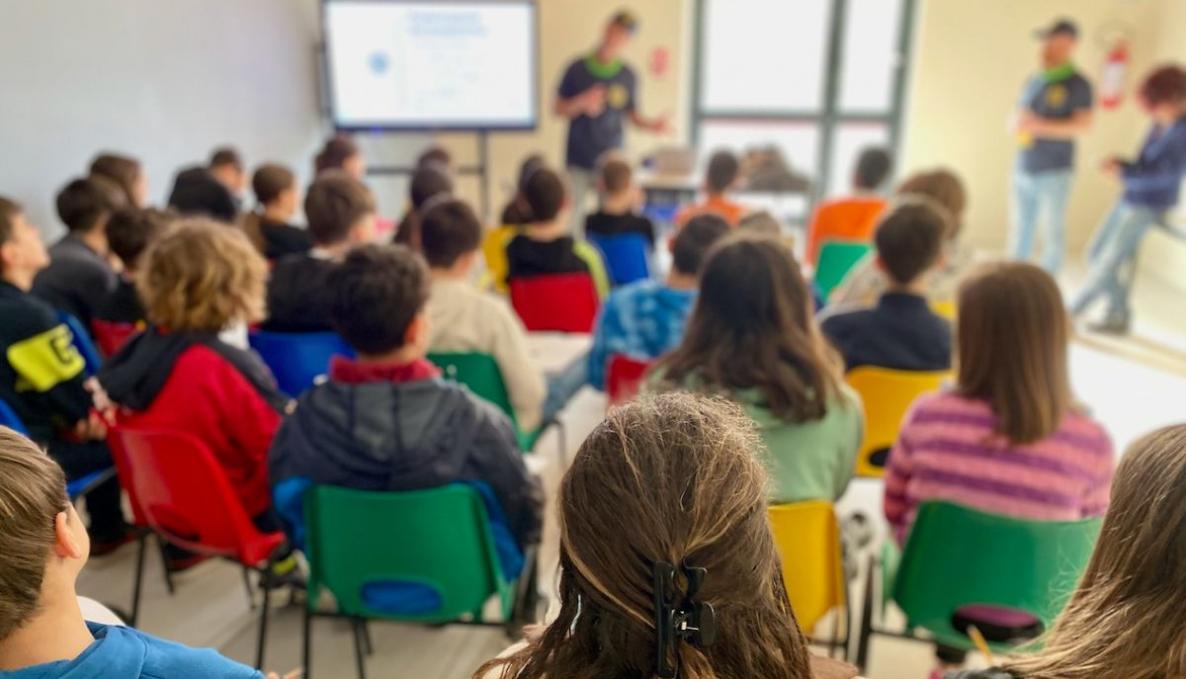Workshop: Integrating Robotics and Ecology to Preserve Ecosystems

An unprecedented change of the Earth's climate and destabilization of precipitation regimes have been observed over the past 100 years. Some direct consequences of climate change include rising of maximum and minimum temperatures, increased sea levels, shrinking glaciers, increased probability of extreme weather events. These phenomena produce hunger and water crises, spread of pests and pathogens, ocean acidification, etc., significantly impacting on humans and the environment. Furthermore, fast environmental changes represent brutal selective pressures for living organisms that are limited by their adaptability speed, thus threatening biodiversity. Interestingly, the sensibility of several species to environmental changes can be exploited to use them as bioindicators. So, the qualitative status of the environment can be revealed by observing the morphology, metabolism, physiology, behaviour, population structure of these organisms that provide information which cannot be obtained by physical and chemical tests. Furthermore, recent advances in bioengineering and biorobotics provide innovative approaches to monitor and evaluate the status of delicate ecosystems, as well as they can offer remediation strategies allowing to directly “cure” the environment, or to use sustainable alternative approaches to those traditionally practiced. Therefore, robotic platforms can be integrated in the environment to continuously monitor and interact with ecosystems without disturbing or affecting wildlife. In addition, artificial agents and living organisms can configure biohybrid systems where artificial and biological components closely interact each other to manage the environment in different contexts, such as agriculture, wildlife preservation, habitats monitoring, bioclimatic modeling, with potential important applications to conserve and restore ecosystems.
This Workshop will be an important landmark to introduce the potentiality of these scientific and technological paradigms to a wide and multidisciplinary audience, triggering future developments and collaborations, but also educating and inspiring new generations of students and citizens.
This is the link to follow the Webinar:
https://teams.microsoft.com/l/meetup-join/19%3ameeting_MTc2YzljYzgtMzdmNy00MmQwLTgwYWQtMzQxOGZiODM2YmQ4%40thread.v2/0?context=%7b%22Tid%22%3a%22d97360e3-138d-4b5f-956f-a646c364a01e%22%2c%22Oid%22%3a%2281fb5626-feb1-4674-86ce-f55a97070b9d%22%7d
DATE AND TIME
12 May 2021
10:00-12:00 am, and 03:00-04:30 pm (CEST)
ORGANIZERS
Dr. Donato Romano
The BioRobotics Institute, Sant’Anna School of Advanced Studies, Pontedera, Pisa 56025, Italy.
Department of Excellence in Robotics and A.I., Sant’Anna School of Advanced Studies, Pisa 56025, Italy.
Phone: 050 883411
E-mail: donato.romano@santannapisa.it
Prof. Cesare Stefanini
The BioRobotics Institute, Sant’Anna School of Advanced Studies, Pontedera, Pisa 56025, Italy.
Department of Excellence in Robotics and A.I., Sant’Anna School of Advanced Studies, Pisa 56025, Italy.
Phone: 050 883412
E-mail: cesare.stefanini@santannapisa.it
Thematic focus
Using bioengineered platforms and biomonitors to study and mitigate the effects of climate change on humans and ecosystems.
Topics of interest
This Workshop aims at providing a glimpse of the most recent advancements in bionics, bio-engineering, and ecological technologies intersecting climate change, based on robot interactions with the environment, or on the use of organisms as living devices.
- Biodiversity
- Biohybrid Systems
- Bioinspired and Biomimetic Robotics
- Bionics
- Biosensing
- Behavioural Ecology
- Organism-Robot Interaction
- Spread of Pests and Pathogens
Speakers
- Prof. Marcello Calisti (Lincoln Institute for Agri-Food Technology, The University of Lincoln, UK) - Robots for the benthic zone: a bio-inspired approach to field robotics.
- Prof. Giampaolo Rossetti (Department of Chemistry, Life Sciences and Environmental Sustainability, University of Parma, Parma, Italy) - Observed and expected impacts of climate change on freshwater invertebrates: results from case studies.
- Dr. Xiaojuan Mo (School of Mechanical Engineering, Northwestern Polytechnical University, China) - Bioinspired locomotion strategies for new generations of robots exploring environments after climate change-related natural disasters.
- Prof. Thomas Schmickl (Artificial Life Lab of the University of Graz, Austria) - Natural and robotic swarms: Applying technology to modulate collective decision making in natural and bio-hybrid systems.
- Dr. Ronald Thenius (Artificial Life Lab of the University of Graz, Austria) - Biohybrid robotics for continuous monitoring environmental changes.
- Dr. André Wilke (Division of Environment & Public Health, Department of Public Health Sciences, University of Miami Miller School of Medicine, USA) - Global warming and urbanization as a driver for the proliferation of vector mosquitoes.



